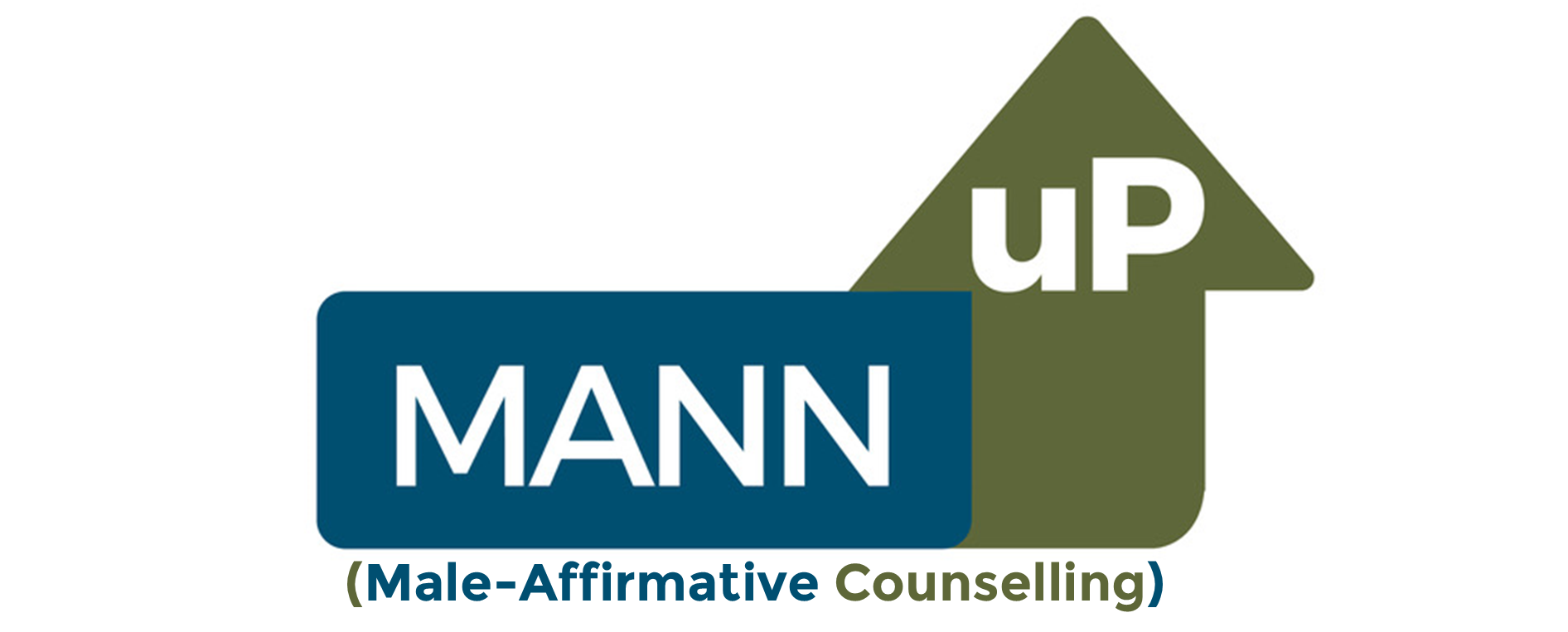 You are the culmination and outworking of your life experience to date. How you have been treated, the types of people you have been exposed to, and the things you have gone through all influence who we you are today, and how you behave, this is especially the case when it comes to your relationship style.
You are the culmination and outworking of your life experience to date. How you have been treated, the types of people you have been exposed to, and the things you have gone through all influence who we you are today, and how you behave, this is especially the case when it comes to your relationship style.
Humans are naturally social creatures, so throughout life, you will instinctively gravitate towards wanting to form meaningful and secure bonds with others that enrich your life, and help you to feel loved and cared for.
If the relationship bonds you form throughout your life are positive and affirming, most likely you will crave more of the same.
However if your past experiences of interacting with others have involved heartache, disappointment or even abuse, naturally the part of your unconscious mind that works to protect you from risk, threat and harm, will subtly and obviously contrive ways to keep you away from being potentially exposed to that hurt again.
Or it may be that your current style is heavily influenced by trying to make up for a relationship deficit you experienced in earlier life, such as trying to get the love, affection and approval of others now that you never got as a child.
Marian Wright Edelman said: “You can’t be what you can’t see.”
Often times how you will act in relationships, what you do/do not want in a partner, and the type of relational connection you want will be heavily influenced with what you grew up watching in family relationships. Your family background can strongly influence, your values, your idea of what is acceptable in a relationship, how you think you should conduct yourself.
Without maybe even realising, it you are being what you have seen.
If you have not had opportunity to witness healthy and mutually respectful relationships, how then can you be what you have not seen?
The Influence of Your Family Background
 So how does the family background/the family of origin in which you grew up affect your current relationship style?
So how does the family background/the family of origin in which you grew up affect your current relationship style?
What your parents’/caregivers’ relationship like as you grew up, and how did they interact with each other? Were you exposed to a health model of a respectful, mutually beneficial and loving relationship that you can use as a ‘template’ for the type of adult relationships you aspire to?
Or perhaps as a child you were witness to unhealthy relationship dynamics such as domestic abuse, addiction, infidelity or abandonment, which have buried deep into your unconscious mind an association between adult intimacy and pain and distress.
Who was the adult role model you grew up with that might have also unconsciously influenced how you think you are expected to conduct yourself now in an adult relationship? Do you ever find yourself doing things in your adult relationships that your parent/carer did when you were growing up?
What were the rules, values and family norms that were present in your family background that you might unconsciously by still trying to adhere to, or rebel against?
The GoodTherapy website gives some more background on the impact of family of origin issues on your current relationship style.
The Influence of Your Relationship History
So how does your own romantic/intimate history affect your current relationship style?
Have you been hurt, rejected or heartbroken in an earlier life romance? If so does this make you more cautious, unwilling to trust too deeply, or get to close to someone now?
It is understandable if you took a romantic risk in the past and got ‘damaged’ as a result, that now part of your unconscious mind may try to hold you back from being in that same kind of high psychological risk situation.
Although caution and increased wisdom through life experience is to be commended, over-compensating for past hurts in current relationships will not help heal your historic romantic trauma, and may undermine the ability of your relationship to succeed. Afterall it is not fair to take out on a current partner the shortcomings of a previous one.
Often with relationship trauma comes trust issues. You have trusted someone in your past and they in turn have hurt you in some way. It can be understandable that you will then expect future partners to work harder to prove their trustworthiness to you, but trust is a leap of faith not always based on evidence, and expecting a partner to have to constantly prove themselves puts a significant strain on a relationship.
Maybe your current relationship style is being unconsciously influenced by characteristics you really liked/disliked in a previous partner. Are you searching for someone who is a clone of a past love, or going out of your way to find someone who in no way resembles a partner who hurt you? Stop letting an ex-partner shape your current preferences.
It could be that your relationship history is one of sparce activity. Maybe you have been single and alone for many years, and as a result, you are willing to settle for whomever comes along that shows an interest in you, and/or being willing to turn a ‘blind eye’ to many characteristics in a current partner that do not work for you, just for the sake of being with someone.
The Influence of Your Attachment Type
So what is your adult attachment type and how does it affect your current relationship style?
Attachment styles are established in childhood and strongly impact romantic relationships. Someone with secure attachment believes their close relationships are trustworthy, whereas someone with insecure attachment tends to distrust or worry about their bond with others.
Your adult attachment style will be heavily influenced by the relationship you had in very early life with your primary caregiver. If that person looked after you well, loved you unconditionally, and tried their best to meet all of your psychological (mental and emotional) nurture needs, you will have grown up with an unconscious belief that you are worthy of love and care, and can trust in receiving it from others.
 If though as a child, you did not receive appropriate levels of psychological nurture, or that caregiving was inconsistent, you may have developed an anxious/insecure belief about your lovability and the ability of others to care for and commit to you.
If though as a child, you did not receive appropriate levels of psychological nurture, or that caregiving was inconsistent, you may have developed an anxious/insecure belief about your lovability and the ability of others to care for and commit to you.
Worse still, if your relationship with a primary caregiver in early life was non-existent or even abusive, you may not unconsciously go out of your way to avoid close attachments to others as an adult, so as not to repeat that sense of hurt and abandonment.
The 4 main adult attachment types are:
- Secure Attachment Style: Engages in healthy relationships with good intimacy, communication, and autonomy. Expresses needs well, trusts their partner, and finds the relationship fulfilling.
- Anxious Attachment Style: Worries about their partner’s availability and commitment. Often feels incomplete without their partner and may seek excessive reassurance or struggle with jealousy.
- Avoidant Attachment Style: Can come across as aloof and emotionally detached. Tends to avoid intimacy, vulnerability, and commitment, often spending time away from their partner.
- Anxious-Avoidance Attachment Style: Alternates between anxious and avoidant attachment. Simultaneously desires and distrusts intimacy with their partner, resulting in contradictory, inconsistent behaviours.
The HelpGuide.org website gives more background on the main attachment types are how they can influence your adult relationship style.
The Influence of Your Love Language
So what is your preferred love language and how does it affect your current relationship style?
When you were growing up, how did your parents/caregivers show love and affection to you, and how were you encouraged and/or inhibited from showing your love and affection for others?
Was your childhood household one of hugs, kisses, praise and words of encouragement? Did adults take time to get to know you and share quality experiences with you? Or was yours a household full of presents and treats, but lacking in real affection?
How you were shown love as a child, will unconsciously have shaped how you think you are expected to show love and care for others as an adult.
The main love language types are:
- Acts of service.
- Gifts
- Physical touch.
- Quality time.
- Words of affirmation.
It can cause huge challenges and misunderstandings in your current relationships if you and your partner’s love languages are different and you do not understand each others’. Maybe you are trying to show love by doing things for your partner, but they doubt your commitment because they are used to having someone tell them how they feel.
The Very Well Mind website gives more background on love languages and has a quiz you can take to discover what yours is.
The Influence of Your Self-Concept
Finally how you see yourself, and what you believe deep in your unconscious mind about your worth and value as a potential partner will deeply affect both your relationship style and choices.
If you deeply believe you are unattractive, unworthy or unlovable, your resulting relationship style can be one of not pursuing romance at all, or unconsciously gravitating towards partners who treat you in a way that compounds your belief that you are rubbish.
The old cliché can be very evident here, how can you love someone, or let someone love you, if you do not love yourself?
How MANN uP Can Help
If you are struggling to know what your preferred adult relationship style is, or should be, taking part in a MANN uP programme can help you identify and question unconscious influences on it, and help you consciously decide the types of relationship you want in your life now, and how you want to conduct yourself in them.
Your personal programme can help you understand how your past may still be influencing your present, and with that wisdom, become empowered to make informed choices about what relationships are right for you, what type of partners are right for you, to move forward with increased chances of relational success in your future.
